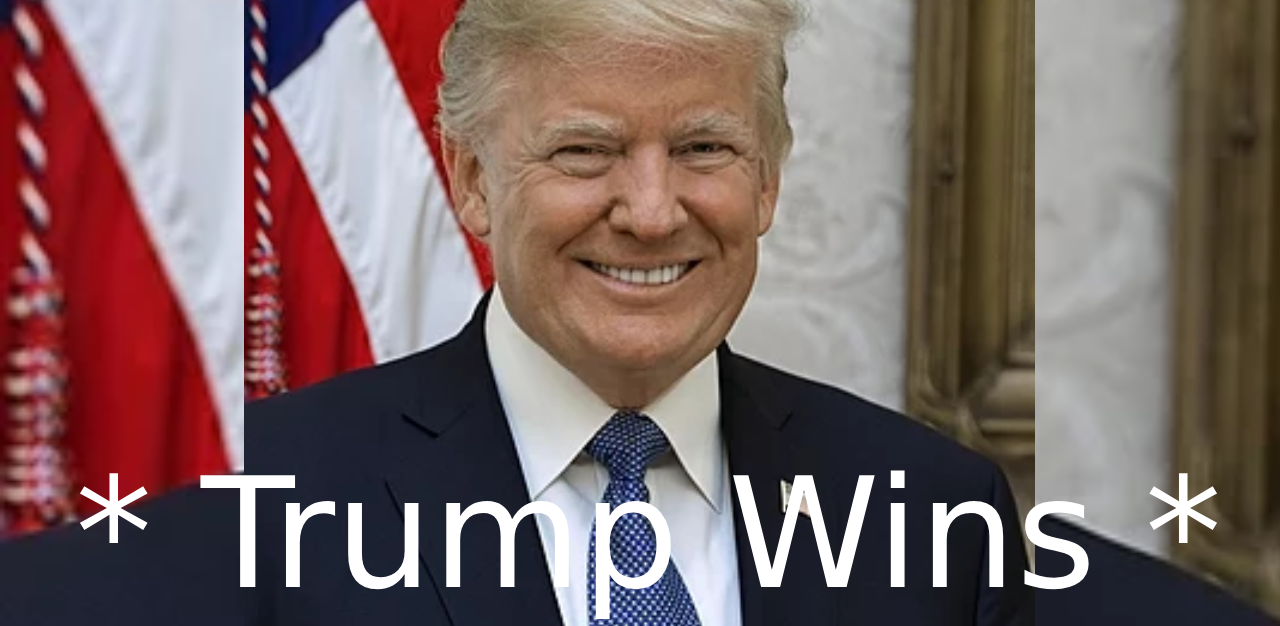Washington, D.C: Americans have voted, and Donald Trump has won his second term as President of the United States, becoming the first person in over a century to return for non-consecutive terms. While Trump’s supporters are celebrating, north of the border in Canada, leaders are already bracing for the turbulent times ahead.
The re-election of Trump brings with it a series of potential disruptions, including fresh economic risks, diplomatic tension, and complex social challenges. From sweeping tariffs and immigration crackdowns to demands for increased defense spending, here’s what Canadians need to know about how Trump’s victory could reshape their country’s relationship with the United States.
Economic Shockwaves: Tariffs and Trade Tensions
One of the biggest concerns is Trump’s repeated promise to impose a 10% tariff on all imports into the United States. Such a move would hit Canada hard, cutting an estimated $7 billion from the country’s GDP and potentially costing around 20,000 jobs, according to analysis by the Business Development Bank of Canada (BDC). For provinces like Ontario, Alberta, Manitoba, and New Brunswick, where trade with the U.S. makes up a significant part of the economy, the impact could be particularly severe.
“Canada’s economy relies on its close trade ties with the United States, and tariffs like these would shake that foundation,” said Leah Kirsch, senior economist at the Canadian Chamber of Commerce. "We’re looking at potential layoffs, slowed production, and a chilling effect on business confidence."
And then there’s CUSMA, the Canada, United States Mexico Agreement, which took years of hard negotiation to finalize. Trump has hinted he’s ready to reopen talks, with an eye to extracting more concessions from Canada. During the first round of negotiations, Canada held its ground on key issues like dairy protections, but a second round might not be so favorable. The stakes are high: any tweaks to CUSMA could lead to higher costs for Canadian businesses, putting thousands of jobs at risk and threatening the stability of cross-border supply chains.
Diplomatic Tensions on the Rise
Trump’s return to power also raises new questions for Canada’s defense policies. During his first term, he pushed NATO allies, including Canada, to meet a defense spending target of 2% of their GDP, a call that Canada has yet to fulfill. Now, Trump is expected to dial up the pressure even further, potentially creating diplomatic strain between the two neighbors.
“Meeting that target would mean a substantial increase in Canada’s defense budget, forcing us to shift funds from other important areas like healthcare or infrastructure,” said former Canadian ambassador Roy McAllister. "This isn’t just about defense; it’s about defining our priorities as a country."
Moreover, Trump’s America First stance could complicate Canada’s ability to collaborate on global issues, from climate change to international security. With the U.S. likely rolling back environmental regulations, Canada could find itself isolated in its climate policies, making it harder to negotiate on shared environmental challenges, from air pollution to the protection of migratory species.
Immigration: A Potential Surge at Canada’s Borders
Perhaps the most socially impactful policy on Trump’s agenda is immigration. His administration has promised an aggressive crackdown on undocumented immigrants within the U.S., including mass deportations. This approach could trigger a wave of asylum-seekers crossing into Canada, a scenario that already played out in smaller numbers during Trump’s first term.
“Canada has always been a welcoming place for immigrants, but our resources are limited,” explains Jacqueline Armitage, an immigration policy expert. "A surge of migrants at the border could strain our social systems, from healthcare to housing, especially in provinces already dealing with budget constraints."
One area of concern is Roxham Road in Quebec, a popular unofficial border crossing for migrants entering Canada. The Royal Canadian Mounted Police (RCMP) and immigration agencies have worked to manage past influxes, but a larger surge would challenge their capacity. Canadian communities along the border may feel the pressure as they adapt to an increase in new arrivals, many of whom will require immediate support and services.
Social and Cultural Ripple Effects
Trump’s rhetoric on issues like immigration, trade, and defense could also reverberate through Canada’s social landscape. The Canada-U.S. relationship has traditionally been marked by a spirit of cooperation, but the return of “America First” policies may test this bond. Canadians may increasingly view the U.S. with skepticism, while Canadians living in the U.S. could face new challenges, from visa issues to rising discrimination.
At the same time, Canada may experience a renewed push for self-reliance. Discussions on reducing dependency on American markets, diversifying trade, and strengthening Canada’s own manufacturing base are already gaining momentum in policy circles. “If Trump’s policies force us to become more self-sufficient, this could have a lasting impact on our economy and national identity,” notes economist Leah Kirsch.
Bottom Line: Canada Braces for the Trump Era, Round Two
As Trump takes office again, Canada faces a mix of opportunities and challenges. While some see this as a chance to assert Canada’s independence on the global stage, others worry about the economic and social costs of a turbulent U.S. administration.
Prime Minister Justin Trudeau has vowed to protect Canadian interests, but there’s no denying that Trump’s return to power presents an unpredictable path forward. For now, Canadians are waiting hoping for the best, but preparing for the challenges that lie ahead in a new Trump era. For Canada, it seems a bumpy ride ahead.

